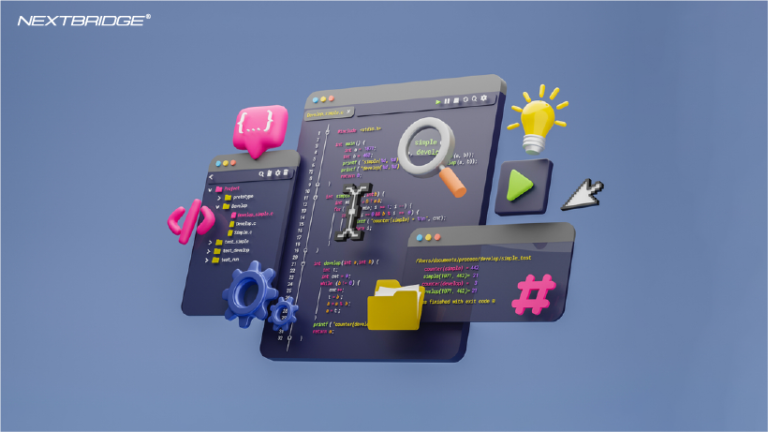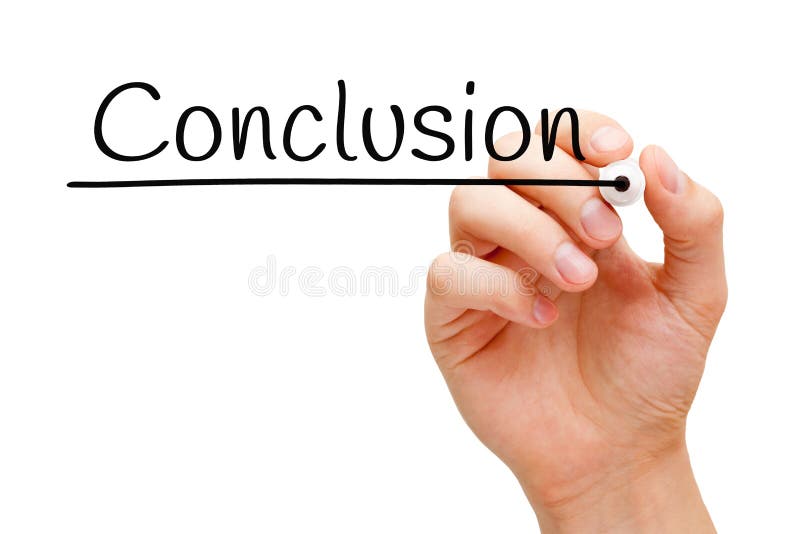Programming has become an essential skill in today's digital age. Whether you're looking to build websites, create apps, or simply understand the technology that powers our world, learning to code is a valuable skill that can open many doors. However, starting your programming journey can feel overwhelming. This guide is here to help you take your first steps into the world of coding.
دليلك للبدء في تعلم البرمجة: خطوة بخطوة
أصبحت البرمجة مهارة أساسية في عصرنا الرقمي الحالي. سواء كنت ترغب في بناء مواقع ويب، إنشاء تطبيقات، أو ببساطة فهم التكنولوجيا التي تحرك العالم من حولنا، فإن تعلم البرمجة يعد مهارة قيّمة تفتح لك العديد من الفرص. ولكن قد يبدو بدء رحلتك في تعلم البرمجة أمرًا صعبًا. هذا الدليل سيساعدك على اتخاذ أولى خطواتك في عالم البرمجة.





